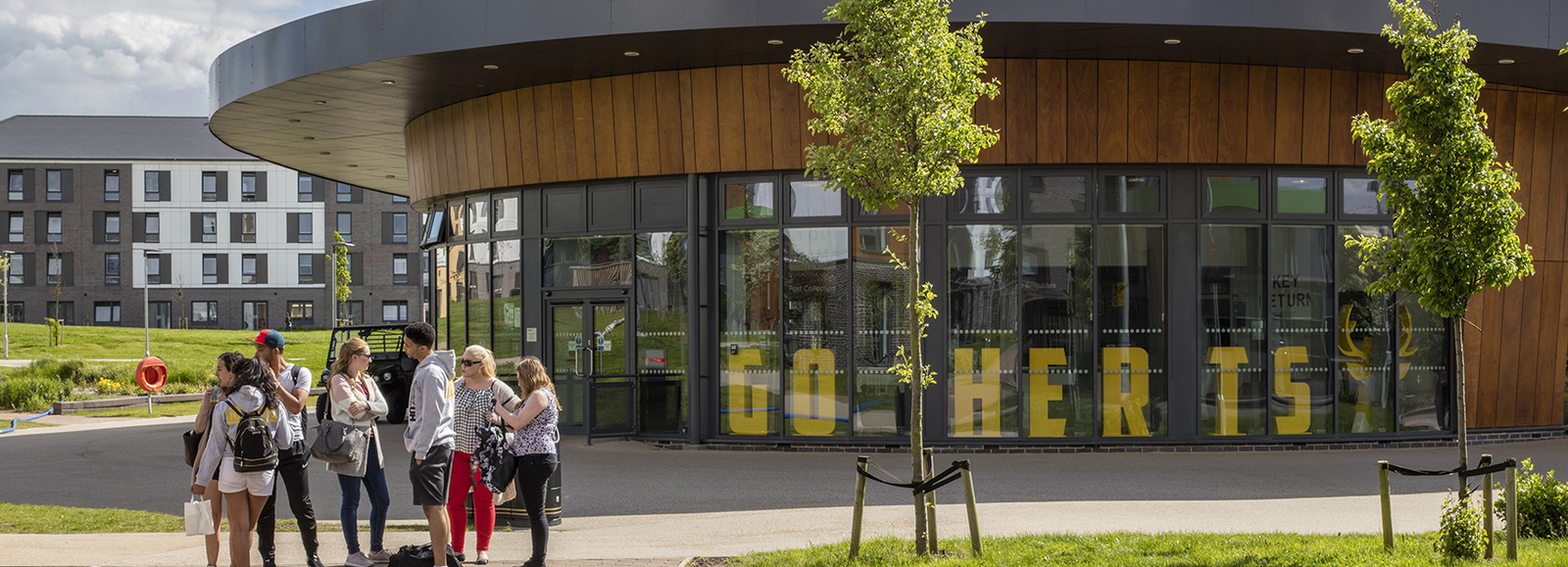- ...
Postgraduate Studentships - Search for funding opportunities.
The use of the immune system in cancer therapy is a prevailing ambition in the field. You’ll gain expert knowledge of the numerous ways cancers and the immune system interact so you can learn how cancer immunotherapies are developed. We’ll provide a thorough understanding of immune effector mechanisms and cancer biology. You’ll develop a range of personal skills through self-directed learning and our problem-based approach to teaching.
Alternatively, consider taking our other MSc Cancer Immunotherapy routes:
Why choose this course?
The normal entry requirements for the programme are:
For fees and funding options, please visit website to find out more.
The University of Hertfordshire offer a range of tuition fee discounts and non-repayable scholarships to support our postgraduate students, visit website to find out more.
You could make a valuable contribution to the ambitious work of cancer immunologists and play a key role in the activation of immune effector mechanisms for cancer therapy. Your skills and knowledge will be sought after in a range of careers in the immunotherapy industries. For example, Roche, Merck, Astra Zeneca and small to medium-sized enterprises. You could work in medical or pharmaceutical research and development, clinical trials, public health and epidemiology, academia research, medical writing and science journalism, education, or patent law. Alternatively, you may use your MSc Cancer Immunotherapy with Advanced Research to underpin an application to study for a research degree such as MRes, MSc by Research, or a PhD in a related field.
Please visit website for module details.

Master your dream at The University of Hertfordshire You bring the dream, we’ll help you make it happen at Herts. We offer a huge variety of pos...